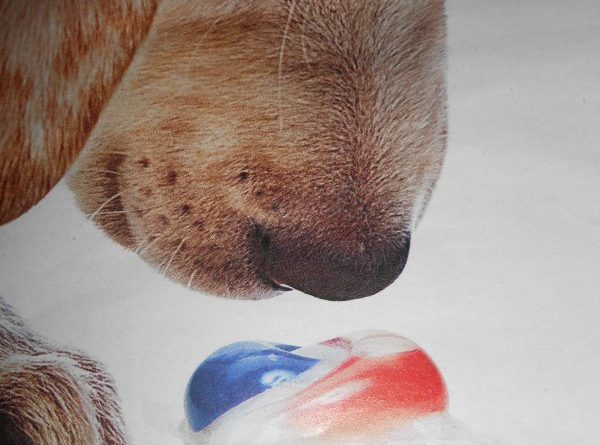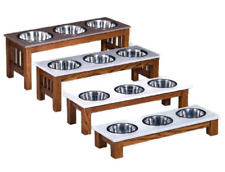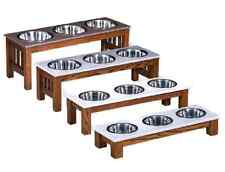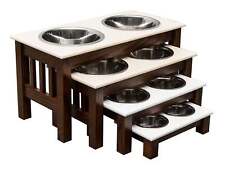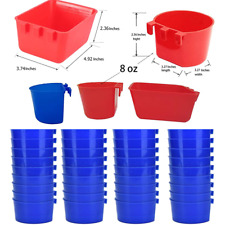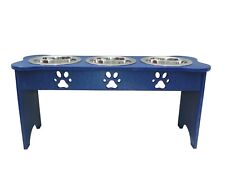Detergent Pods Endanger Pets
User-Friendly and Pet Hazard?: Detergent Pods
Everybody seems to love those “new” detergent pods that are available for laundry and dishwashing machines. They eliminate the mess associated with the old-fashioned liquid or powder detergent and are easier to store. However, no matter our love of them – they contain harsh chemicals and can be dangerous for pets and children alike.
These little pods are often stored under the sink in the kitchen where children are drawn to their bright colors. Dogs, especially puppies, happen upon these soapy baubles if they are pillaging through the trash or happen to open a cabinet door.
Why the Concern?
Pods contain much higher concentrations of chemicals compared to their liquid or powder counterparts. Your pet (or child) will become much sicker from ingesting or chewing on a pod compared to licking detergent off of the floor. Pods are also packed with the detergent under high pressure. When a pet or child bites down on one of these colorful baubles – the detergent shoots out fast and can lead to a higher amount being aspirated or ingested.
How Do Pods Make My Pet Sick?
Many pets can have respiratory or digestive problems after exposure to detergent pods. The lungs can be severely irritated after exposure, leading to coughing, wheezing or respiratory distress.
Aspiration also can happen, which is when foreign material (such as liquid) is taken into the lungs.
After exposure your pet could cough for several weeks even with treatment. The detergent often “burns” the delicate tissues in the lungs and trachea and sometimes can predispose other problems such as pneumonia.
If pods are ingested, the most common problems seen are vomiting and diarrhea. If they are swallowed whole, obstruction (blockage) of the digestive tract can happen. Pods can also be ingested and slowly digested – slowly releasing the detergents. These strong liquids can cause dangerous ulcerations in the stomach and intestine. Pods that are ruptured in the mouth can experience oral ulceration and esophagitis. Gastrointestinal ulcerations are painful and can be very dangerous – potentially leading to perforation and bleeding.
What to Do If Your Pet Eats a Pod
If you think that your pet ate a detergent pod, act quickly.
Things that you can do at home to decrease the damage pods can cause include:
- Rinse the mouth, skin, hair with water until it no longer feels “soapy”
- If you think that pods were swallowed, do not induce vomiting
- Contact your veterinarian or 24 hour veterinary emergency center
- Monitor for the following signs:
- Pawing at the mouth
- Coughing
- Vomiting
- Wheezing
- Blue tongue, lips
- Retching
- Diarrhea
- Excessive drooling
If your pet experiences any of these symptoms – seek veterinary treatment as soon as possible!
Additional information:
Pet Poison Helpline (855-764-7661, $39 per incident fee may apply)
Stay Safe
Always keep detergent pods out of reach of children and pets. Cabinets should be locked and pods stored up high. “Child-proof” locks on low cabinet or cupboard doors can help keep pets safe.
